I need you help.
I'm using Windows 10 and Visual Studio Community compiler.
I managed to get Lithuanian letter to show on C++ console application using wstring and wcout.
#include <iostream>
#include <io.h>
#include <fcntl.h>
using namespace std;
int main()
{
_setmode(_fileno(stdout), _O_U16TEXT);
wstring a = L"ąėėąčėį";
wcout << a;
return 0;
}
Result is exactly what I wanted it to be
Now I want my program to read Lithuanian letters from Info.txt file.
This is how far I managed to get.
#include <iostream>
#include <fstream>
#include <io.h>
#include <fcntl.h>
#include <string>
using namespace std;
int main()
{
_setmode(_fileno(stdout), _O_U16TEXT);
wstring text;
wifstream fin("Info.txt");
getline(fin, text);
wcout << text;
return 0;
}
Returned string in console application shows different simbols.

But the returned string in console application shows different simbols.
In my belief a possible solution
I need to add L before the text like in previous example with wcout.
wstring a = L"ąėėąčėį";
But I'm still just learning C++ and I don't know how to do so in example with Info.txt
I need your help!

